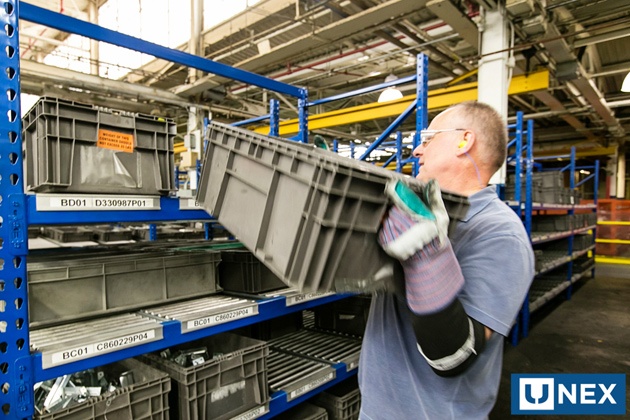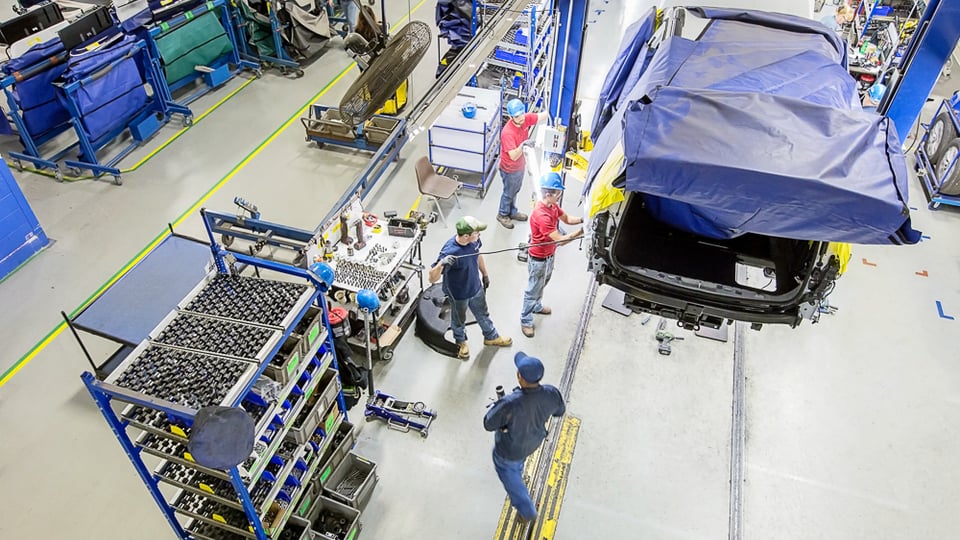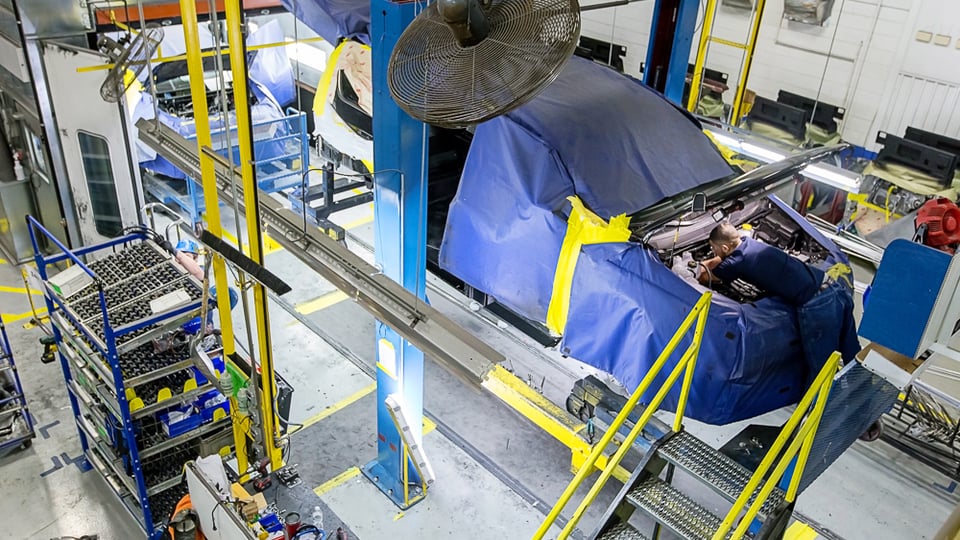Just-In-Time Manufacturing & UNEX
Just-in-time manufacturing originated at the British Motor Corporation in Sydney, Australia in the mid-1950’s, was later adopted in Japan, and became more prominent in the US in the 1970s when Toyota adopted the methodology. Just-in-time manufacturing, or JIT for short, was renamed lean manufacturing in the 90’s, and is still called this today.
Just-in-time manufacturing, also known as just-in-time production or the Toyota production system (TPS), is a methodology aimed primarily at reducing flow times within production as well as response times from suppliers and to customers. Items are manufactured to meet demand, not in advance. In other words, manufacturers make only what is needed, when it is needed and in the amount that is needed. Other names for just-in-time manufacturing include the Kanban System or the Supermarket Method.
The concept was described by Henry Ford in his 1923 book, My Life and Work: “We have found in buying materials that it is not worthwhile to buy for other than immediate needs. We buy only enough to fit into the plan of production, taking into consideration the state of transportation at the time. If transportation were perfect and an even flow of materials could be assured, it would not be necessary to carry any stock whatsoever. The carloads of raw materials would arrive on schedule and in the planned order and amounts, and go from the railway cars into production. That would save a great deal of money, for it would give a very rapid turnover and thus decrease the amount of money tied up in materials.”
But the concept really took off with Toyota and remains foremost in the minds of many manufacturing businesses as a way to eliminate waste, which is the main concept of lean manufacturing, while streamlining operations, lowering operating costs and improving customer service.
Toyota has six rules to describe how this works:
- Later process picks up the number of items indicated by the kanban at the earlier process.
- Earlier process produces items in the quantity and sequence indicated by the kanban.
- No items are made or transported without a kanban.
- Always attach a kanban to the goods.
- Defective products are not sent on to the subsequent process. The result is 100% defect-free goods.
- Reducing the number of kanban increases the sensitivity.
UNEX manufactures lineside storage solutions which can store and flow products from the initial demand point bin. UNEX also makes manufacturing supermarkets which can store and flow products from the inventory control point bin. UNEX’s manufacturing supermarkets provide lineside shelving where workers pull components from as needed for manufacturing. Miniature stock locations are located close to the assembly line, allowing the lines to be replenished quickly and easily.



